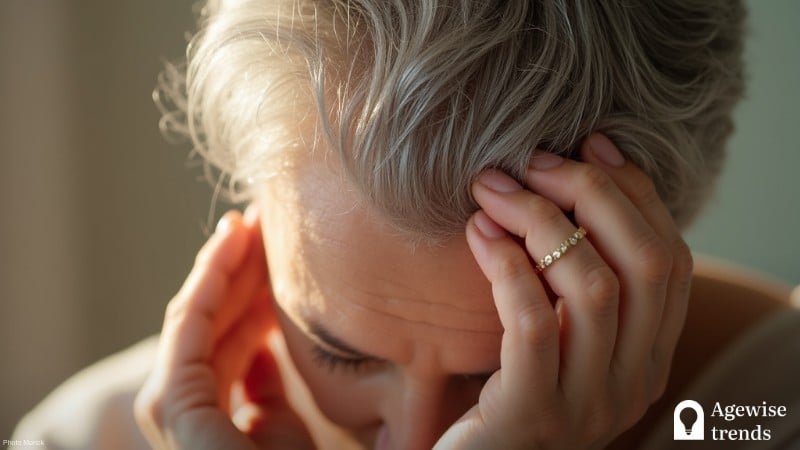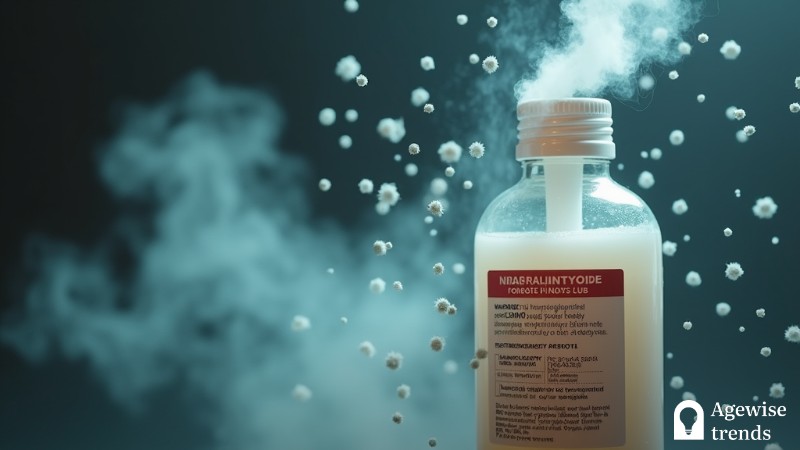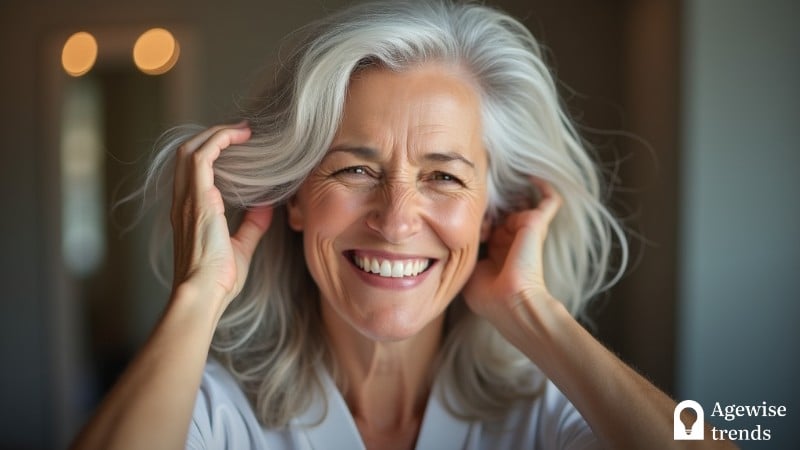Hair growth is a complex biological process that varies widely among individuals. From protecting the body to serving as a vital part of personal identity, hair plays both functional and aesthetic roles in our lives.
On average, it grows at a rate of 0.5 to 1.7 centimeters (0.2–0.7 inches) per month, though factors like genetics, age, sex, and health significantly influence this pace. The process of hair growth itself is intricate and fascinating, particularly when considering the nuances of senior hair care and the challenges of maintaining healthy hair for seniors.
How hair grows
The journey of hair starts in follicles, which are small pockets located beneath the skin. Within each follicle, a root made of protein cells is nourished by the surrounding blood circulation. As these cells multiply, hair pushes upward, passing through oil glands that help maintain moisture and shine. Once the hair emerges from the scalp, it is no longer living tissue. On average, humans have about 5 million hair follicles, with approximately 100,000 of them located on the scalp.
The hair growth process follows distinct cycles, with periods of active growth alternating with resting phases, known as the telogen phase. During this resting phase, hair naturally sheds, contributing to the typical loss of 50–100 hairs each day, which is a normal aspect of maintaining healthy hair.
Factors that influence hair growth
Genetics and age: Genetic makeup dictates hair growth rate and thickness. Hair grows fastest between ages 15 and 30 before slowing with age, sometimes leading to baldness or thinning, which can require specialized attention in senior hair care.
Nutrition: A diet rich in protein, omega-3 fatty acids, and vitamins A, C, and D is essential. Foods like fish, nuts, leafy greens, and dairy support healthy hair.
Health and stress: Hormonal imbalances, illness, and stress can trigger conditions like telogen effluvium, causing significant hair shedding.
Promoting healthy hair
Maintaining healthy hair for seniors involves tailored care, including gentle cleansing products, balanced nutrition, and addressing scalp health concerns.
While shampoos and supplements may offer limited results, focusing on a balanced diet, reducing stress, and avoiding harmful habits like smoking ensures vibrant hair at any age. Hair is more than a feature, it protects and regulates body temperature, making proper care vital for all life stages.















